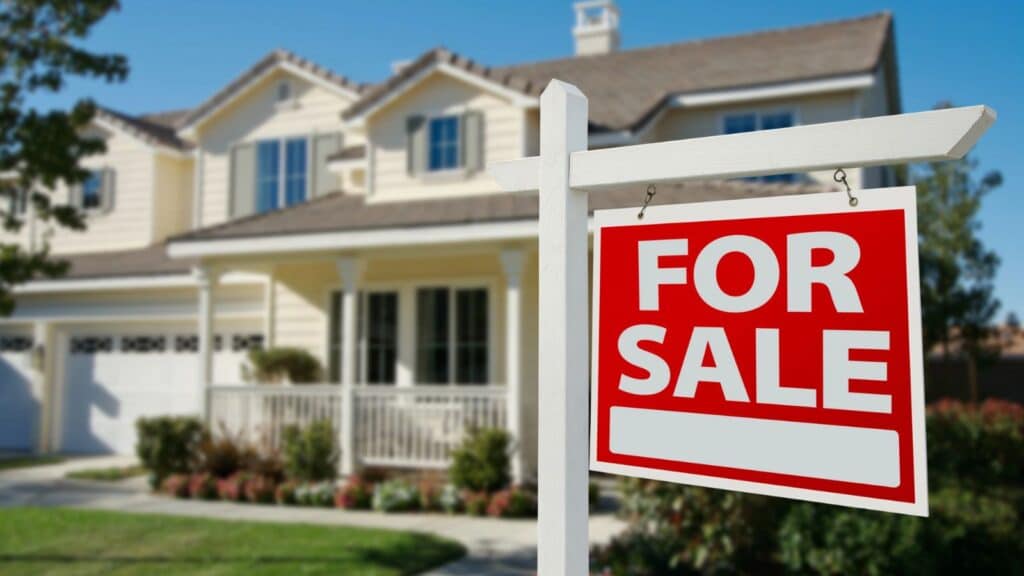The current housing market feels like two different stories. Many baby boomers are putting homes up for sale, often cashing out after decades of ownership. At the same time, millennials are struggling to even get into the market. Here are ten reasons why older generations are selling and why younger buyers are being locked out.
Cashing Out on High Equity

Boomers bought their homes decades ago at prices that seem impossible today. With property values soaring, selling now means turning that equity into retirement funds or travel money. It’s a financial move that makes sense, especially with fewer working years ahead. For many, the timing is perfect to cash in.
💸 Take Back Control of Your Finances in 2025 💸
Get Instant Access to our free mini course
5 DAYS TO A BETTER BUDGET
Downsizing to Smaller Spaces

Empty nests and retirement lifestyles are pushing boomers to downsize. Big houses require more upkeep and higher costs that no longer feel necessary. Selling a large family home allows them to buy something smaller and keep extra cash. It’s a practical step toward simpler living.
Rising Maintenance Costs

Older homes come with constant repairs like new roofs, plumbing fixes, and heating systems. Many boomers no longer want the expense or the hassle. Selling before another major repair bill arrives feels like the smarter choice. For millennials, these same repair costs can make buying older homes feel out of reach.
Taxes and Insurance

Property taxes and home insurance premiums have climbed, especially in areas prone to disasters. Retirees on fixed incomes can’t always keep up. Selling allows them to escape those costs and relocate to more affordable areas. Millennials, meanwhile, see these rising costs as barriers to affording ownership in the first place.
Healthcare Access

Boomers often move to be closer to healthcare services as they age. Selling a suburban or rural home and relocating near hospitals or medical centers is common. These moves are less about financial gain and more about peace of mind. Millennials don’t have the same options, since affordability limits where they can buy.
Desire for Warmer Climates

Retirement often comes with dreams of warmer weather. Many boomers sell northern or Midwest homes to relocate to southern states with sun and milder winters. Selling allows them to buy in these desirable areas without taking on new debt. For millennials, those same markets are increasingly out of reach due to high demand.
Family and Lifestyle Changes

Boomers may want to move closer to children or grandchildren, even if it means selling a long-time home. Others choose retirement communities for social connections and ease of living. Selling is less about profit and more about lifestyle adjustments. Millennials are often stuck renting, unable to prioritize location over price.
Millennials Facing High Prices

While boomers sell with strong profits, millennials face record-high home prices. Even with good jobs, saving for a down payment feels impossible when housing costs rise faster than wages. This leaves many locked out of the market, creating a generational divide.
Interest Rate Challenges

Higher mortgage rates make homes even less affordable for millennials. Monthly payments on even modest houses stretch budgets too thin. Boomers selling homes bought decades ago don’t deal with this problem, leaving younger buyers squeezed by today’s lending environment.
Wealth Gap Between Generations

Decades of homeownership gave boomers financial stability and wealth that millennials don’t have. Selling now adds to that wealth, while millennials continue renting and missing out on equity growth. The divide isn’t closing, it’s widening. Homes remain a source of security for boomers while millennials struggle just to get started.
A Divided Housing Market

The housing market shows how differently generations experience money. Boomers sell homes for big profits and new opportunities, while millennials face high prices, rising interest rates, and limited choices. The divide highlights why homeownership feels secure for some but impossible for others in 2025.
10 Money Habits That Could Ruin Your Retirement Dreams

Planning for retirement isn’t just about saving—it’s about making smart financial moves and avoiding costly mistakes. Some habits may seem harmless now but have the power to sabotage your future security. Here are 10 money habits that could derail your retirement dreams and how to avoid them. 10 Money Habits That Could Ruin Your Retirement Dreams



